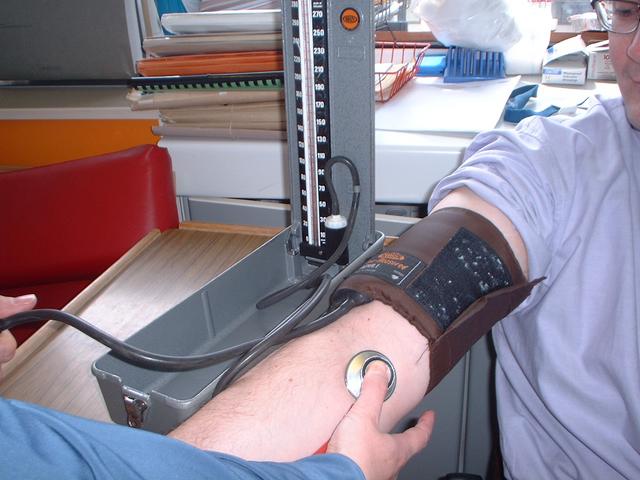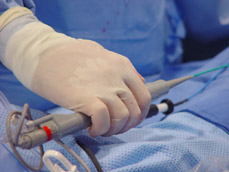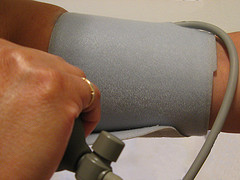
Exercise To Avoid Heart Attack
Do you exercise every day? If you want to live a long, healthy life, maybe you should.
A recent study by a physician at the University of Florida indicates one of the strongest risk factors for developing heart disease is inactivity, even more so than being overweight. During the four-year study it was documented those who exercised moderately were less likely to develop heart disease than those who didn’t.

What You Should Know About Cardiovascular Disease in Women
Cardiovascular disease, also known as CVD, is the number one killer of men and women of all ethnic groups in the United States. Cardiovascular diseases include such problems as high blood pressure, arrhythmia, valve disease, congestive heart failure and stroke. The truth of the matter is that one in four women is affected with some form of cardiovascular disease.
Read more on What You Should Know About Cardiovascular Disease in Women…

A Guide To Blood Pressure
Blood pressure is defined as the force that is pushed along the arteries every time the heart beats. Therefore, blood pressure is a measure of how hard the heart has to work to pump blood.

The Benefits Of Cardio Training For Your Heart
No matter what age you are, if you are not in shape you have probably wondered about it for heart health. You might have even made some type of New Years resolution or gotten a membership at a gym. That’s great because the benefits of cardio training for your heart are many.
Read more on The Benefits Of Cardio Training For Your Heart…
What Is Cardiac MRI And Who Needs One
MRI is the acronym for Magnetic Resonance Imaging. MRI uses a powerful magnet, radio waves and a computer to get pictures of any body part, including the heart. Cardiac MRI does not expose the patient to any radiation.

Information About Cardiac Catheterization
Cardiac catheterization is a procedure that punctures an artery or vein, usually located in the groin area, so that a small, long, flexible tube can be guided into the heart and major vessels around the heart.

Cholesterol Facts For Heart Health
High cholesterol tends to cause the narrowing and hardening of the arteries, which in turn can lead to heart disease or stroke. What does blood cholesterol level depend on? Many people would say it depends on the kind of food we eat but this is not the whole truth when it comes to high cholesterol. High cholesterol can also be caused in part to how cholesterol is made in your liver.

The Link Between Heart Disease And Gum Disease
You probably know that brushing and flossing your teeth can help you prevent bad breath, cavities, and plaque. But, did you know that gum disease may affect your heart? A recent study has said this to be true. A 2005 edition of the journal Circulation, says that “taking good care of your teeth and gums could prevent you from having a stroke or heart attack.”
Read more on The Link Between Heart Disease And Gum Disease…

What Is Arteriosclerosis
Arteriosclerosis is synonymous to coronary heart disease. Coronary heart disease, or coronary artery disease, is the narrowing of the small blood vessels that supply blood and oxygen to the heart. This condition results from the accumulation of fatty substance and plaque in the arteries. As the coronary arteries narrow, the flow of blood to the heart slows down or stops resulting in chest pain, or angina, shortness of breath, or heart attack.

10 Tips To Avoid Heart Attack
Heart attack is a killer disease and according to the American Heart Association approximately 58.8 million people in the US suffer from heart diseases. As well, about 950,000 Americans die of heart ailments each year.